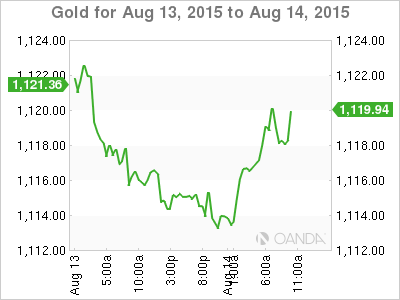China’s yuan devaluation signals that global economic conditions have taken a turn for the worse, creating more downward pressure to come for commodity markets, Goldman Sachs (NYSE:GS) said.
“The CNY (yuan) devaluation has been important for commodity markets and we believe it signals that global macro conditions have changed,” Goldman Sachs said in a note to clients.
“Even China has now joined the negative feedback loop that is running between commodity deflation, growth and deleveraging trends… (and) we believe the net commodity market effects are bearish,” it said.
The bank said it believes the key areas of focus for commodity markets now include how dollar-yuan and the yuan-traded weighted index will evolve.
“A weaker USD/CNY could see margins for Chinese commodity exporters improve and allow producers to begin to play catch up to other emerging markets producers, which have already been benefiting from foreign exchange depreciation,” Goldman said.
On the other hand, with the trade-weighted yuan remaining flat, there is no strong argument that the export-led manufacturing sector would see similarly improving competitiveness, the bank said.
“Global manufacturing tends to be more spread out than commodity supply, and spans to more flexible exchange rate regime economies, giving purchasers more flexibility to compare prices and switch suppliers.”
Aluminum and steel prices face particular downward pressure, the bank said.
“This (weaker USD/CNY) could buoy supply for commodities which have large exports, a high proportion of CNY costs, and where producers are not already too far above marginal cost on global supply curves (predominantly aluminum, and to a lesser extent steel).”
Despite the fact that foreign exchange policy could affect commodity markets, Goldman said it continues to believe that China’s domestic policy support, both fiscal and monetary, is also critically important to commodity markets.
Infrastructure investment currently accounts for around 25 percent of steel and 15 percent of copper demand in China, the bank said.
“This demand has low sensitivity to yuan denominated prices and hence depreciation likely has limited effects. But removal of fiscal support and a more rapid deleveraging would result in a rapid decline in steel and copper demand.”

